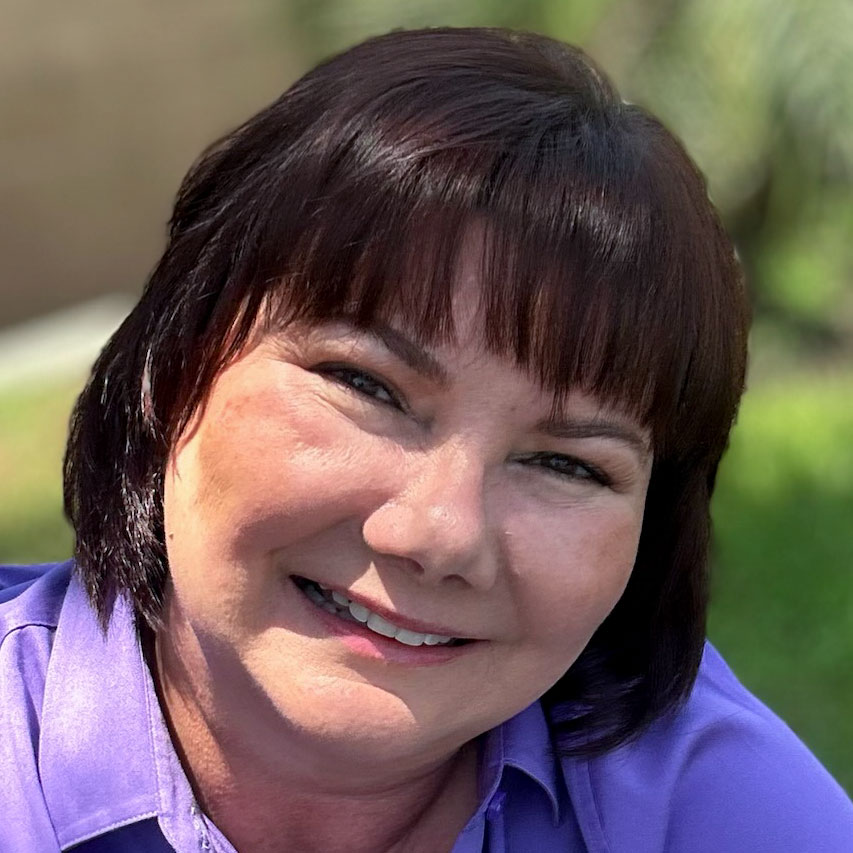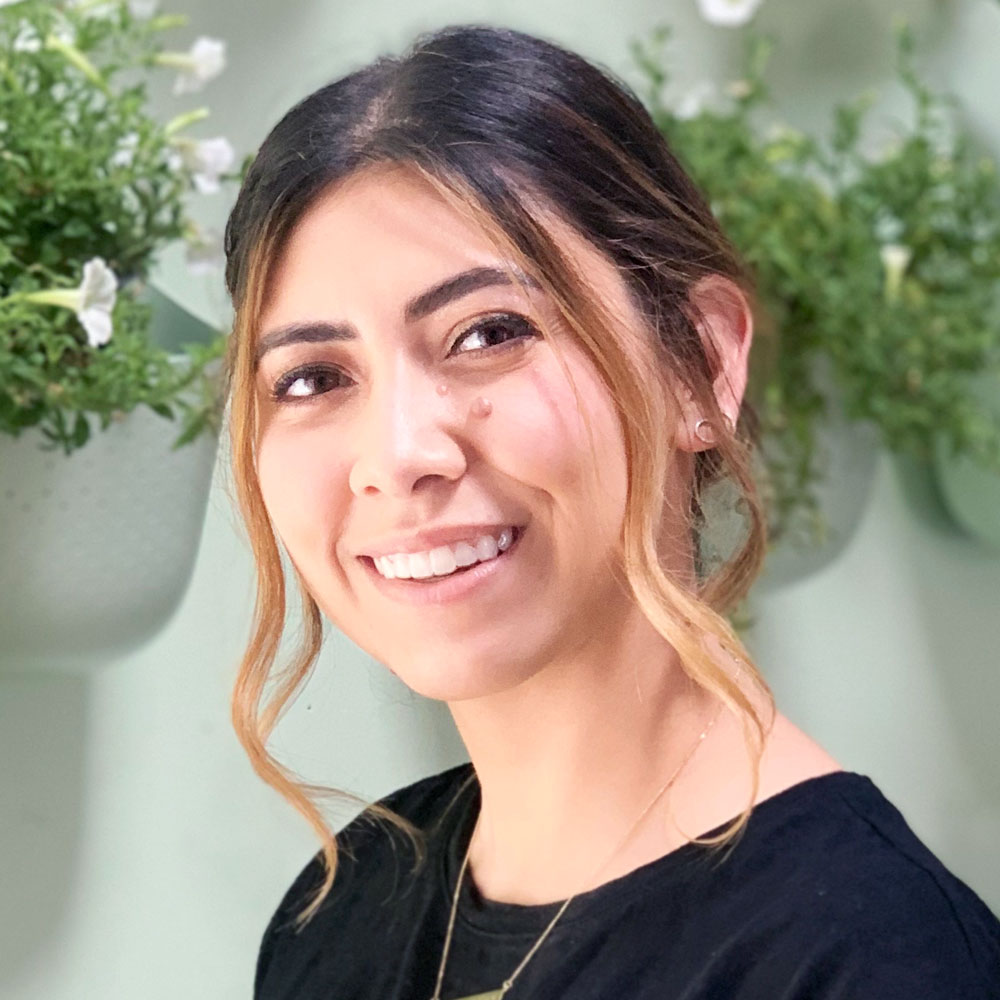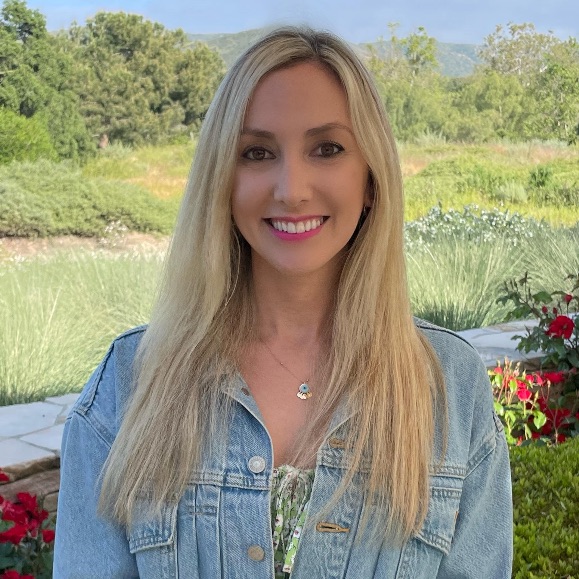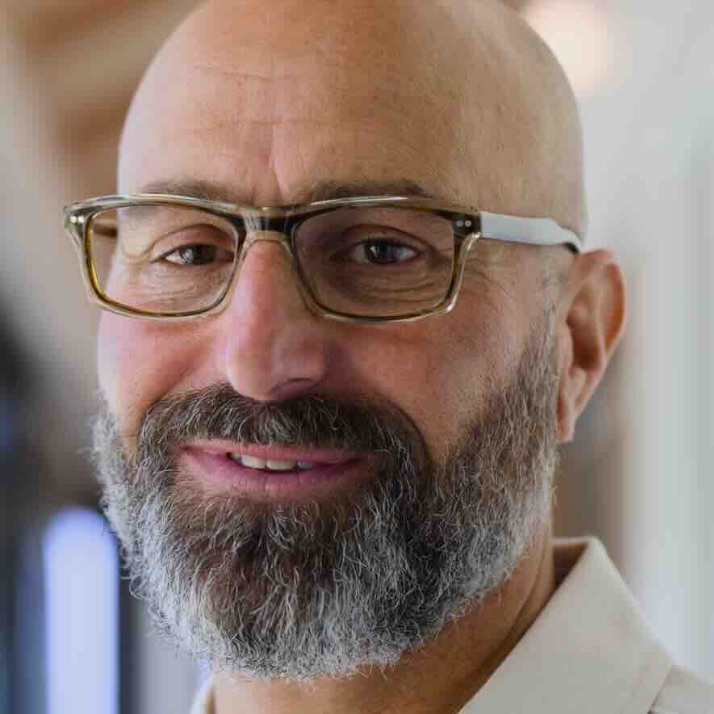Understanding the Basics of Post-Traumatic Stress Disorder (PTSD)
Post-Traumatic Stress Disorder (PTSD) is a mental health condition that can develop after a frightening, harmful, or deeply upsetting event, or after repeated exposure to trauma. People with Post-Traumatic Stress Disorder (PTSD) may have flashbacks or nightmares, feel constantly on edge, or avoid places and situations that remind them of what happened. They might also feel numb, irritable, guilty, or lose interest in things they used to enjoy, and have trouble sleeping or concentrating. Symptoms can start soon after an event or appear months later, and they can range from mild to intense. Post-Traumatic Stress Disorder (PTSD) is common and treatable, and many people improve with the right support.
Awareness matters because recognizing the signs early can help you or someone you care about get effective care sooner and reduce the weight of stigma. Post-Traumatic Stress Disorder (PTSD) can affect daily life, including relationships, school, and work, but healing is possible with therapy, coping skills, and support. In a busy, diverse community like San Jose, knowing what Post-Traumatic Stress Disorder (PTSD) looks like helps neighbors, coworkers, and families respond with understanding and patience. If these symptoms resonate, consider talking with a trusted person or a qualified professional and exploring local resources in San Jose and Santa Clara County. You are not alone, and reaching out is a strong first step.
Who Can Experience Post-Traumatic Stress Disorder (PTSD)
Post-Traumatic Stress Disorder (PTSD) can affect anyone, regardless of age, gender, culture, or background. While it can happen to any person after a traumatic event, it may be more common among survivors of assault or abuse, veterans and first responders, people who’ve experienced repeated or childhood trauma, and communities facing discrimination or ongoing stress. Experiencing Post-Traumatic Stress Disorder (PTSD) is a human response to overwhelming events—not a personal failing. You’re not alone, and support is available.
Signs You Might Notice
Noticing changes in how you feel or react after a difficult experience can be a first step toward feeling better. You’re not alone—many people in San Jose see these shifts, and it’s okay to ask for support. If any of the signs below sound familiar, help is available.
- Unwanted memories or flashbacks about what happened
- Nightmares or trouble sleeping
- Avoiding places, people, or activities that bring up reminders
- Feeling on edge, easily startled, or always “on alert”
- Irritability, anger, or mood swings
- Losing interest in things you used to enjoy or feeling emotionally numb
- Trouble concentrating or remembering parts of the event
Factors That Contribute to Post-Traumatic Stress Disorder (PTSD)
Post-Traumatic Stress Disorder (PTSD) can affect anyone. It often develops from a mix of factors—none of which are a personal failing. Understanding these influences can help you make sense of what you’re feeling and find the support you deserve.
- Biological causes:
- Family history of anxiety, depression, or Post-Traumatic Stress Disorder (PTSD)
- Brain chemistry changes after trauma or chronic stress
- Hormonal and sleep disruptions that affect stress response
- Psychological causes:
- Previous trauma or loss, especially in childhood
- Long‑standing anxiety, depression, or other mental health concerns
- Beliefs about safety, trust, or self-blame that formed after trauma
- Environmental causes:
- Exposure to violence, accidents, disasters, or combat
- Ongoing stressors like financial strain or unsafe living/working conditions
- Limited social support or experiences of discrimination or isolation
The Impact of Post-Traumatic Stress Disorder (PTSD) on Daily Living
If Post-Traumatic Stress Disorder (PTSD) is part of your story, you’re not alone. Many people in San Jose manage symptoms while navigating busy schedules, tech-driven workplaces, and family life—support is available, and small steps can make daily life feel more manageable.
- Work and career: Concentration, memory, or stress tolerance may dip, making meetings, tight deadlines, or open-office environments in tech and service jobs feel overwhelming.
- School and learning: Focus, motivation, and attendance can be hard, whether you’re at San José State, a community college, or in a training program.
- Relationships and family: Irritability, withdrawal, or feeling on edge can strain communication with partners, kids, and multigenerational households common in the South Bay.
- Social life and community: Crowded spaces, community events, or unexpected noises can be triggering, leading to avoidance of festivals, sports, or nightlife downtown.
- Daily routines and transportation: Fatigue or hypervigilance can complicate errands, rides on VTA/light rail, or commutes on 101/280, increasing stress and cancellations.
- Physical health and sleep: Headaches, muscle tension, stomach issues, and trouble sleeping are common, which can make mornings tougher and energy low.
- Emotional well-being: Anxiety, sadness, numbness, or sudden waves of fear can show up without warning, making it hard to feel present or hopeful.
Proven Paths to Recovery
Each step you take can make life feel safer and more manageable. These proven options help many people reduce symptoms, reclaim routines, and feel more like themselves again.
- Trauma-focused CBT (including Prolonged Exposure or Cognitive Processing Therapy): Helps you face memories safely, change unhelpful thoughts, and lower anxiety and avoidance over time.
- EMDR (Eye Movement Desensitization and Reprocessing): Uses guided eye movements or taps to help your brain reprocess traumatic memories so they feel less intense.
- Medications (SSRIs/SNRIs; prazosin for nightmares): Can ease depression, anxiety, and sleep problems, making daily coping and therapy work easier.
- Group therapy or peer support: Reduces isolation, builds skills, and offers encouragement from people who understand what you’re going through.
- Mindfulness and relaxation training (e.g., MBSR, breathing, grounding): Calms the nervous system and improves focus, sleep, and emotional balance.
- Healthy routines (regular exercise, sleep, limiting alcohol/substances): Strengthens mood, reduces stress, and supports recovery alongside therapy.
Beginning Your Journey with Post-Traumatic Stress Disorder (PTSD) Therapy
Beginning therapy for Post-Traumatic Stress Disorder (PTSD) often starts with noticing that memories, sleep, mood, or daily routines feel harder than they should, and deciding you deserve support. Use MiResource’s directory to research and compare providers in San Jose by therapy approach (like EMDR or trauma‑focused CBT), insurance accepted, real‑time availability, language, and neighborhood. You can narrow to areas that fit your life—Downtown San Jose, Willow Glen, Rose Garden, Japantown, Almaden, Evergreen, Berryessa, or North San Jose—and consider commute options. If you rely on transit, look near VTA Light Rail (Blue/Green lines) stops or bus corridors, San Jose Diridon Station for Caltrain, or the Berryessa/North San José BART station; if you drive, factor peak traffic on 101, 280, 680, and 87 and parking availability downtown.
After comparing profiles and reading bios, book a first session to discuss your goals, history, and comfort with treatment options, and ask about in‑person versus telehealth to fit your schedule. Before you wrap up, plan follow‑up: agree on frequency, set a next appointment, and decide on communication preferences. MiResource makes it simple to keep refining your search if you need a better fit—adjust filters for availability, language, or neighborhood (for example, closer to Santana Row/Valley Fair or Alum Rock) until you find the right match.
San Jose offers a strong network of community-based supports that work alongside MiResource’s therapist directory to help people living with Post-Traumatic Stress Disorder (PTSD)—from crisis response and advocacy to culturally responsive counseling and veteran care—so you can find help close to where you live, study, or work in neighborhoods like Downtown, Willow Glen, Alum Rock, and near San José State University.
- Santa Clara County Behavioral Health Services (Downtown): 24/7 Behavioral Health Call Center (800-704-0900), trauma-focused care, and Mobile Crisis Response.
- AACI Behavioral Health & Center for Survivors of Torture (North San Jose/Berryessa): Multilingual, culturally responsive trauma services for individuals and families.
- VA San Jose Community-Based Outpatient Clinic (Silver Creek Valley): Evidence-based Post-Traumatic Stress Disorder (PTSD) treatment and groups for veterans and service members.
- YWCA Golden Gate Silicon Valley – Rape Crisis Center (Downtown/Japantown): 24/7 hotline, advocacy, and trauma counseling for survivors of sexual violence.
- Alum Rock Counseling Center (East San Jose/Alum Rock): Youth and family counseling, school-linked supports, and trauma-informed care.
Immediate Care Options for Post-Traumatic Stress Disorder (PTSD) in San Jose
If Post-Traumatic Stress Disorder (PTSD) symptoms feel overwhelming or unsafe, you are not alone and help is available in San Jose right now. You can reach someone 24/7 to talk through what you’re experiencing, get guidance on next steps, and, if needed, connect to in-person care. If you’re unsure which option to choose, start with a crisis line—they will help you decide and coordinate the right support.
- If there is immediate danger or risk of harm, call 911 and say it’s a mental health emergency related to Post-Traumatic Stress Disorder (PTSD); request a Crisis Intervention Team–trained responder if available.
- For 24/7 urgent support, call or text 988, or call the Santa Clara County Suicide & Crisis Hotline at 855-278-4204.
- For emergency medical/psychiatric care, go to the nearest ER: Santa Clara Valley Medical Center (408-885-5000), Regional Medical Center of San Jose (408-259-5000), O’Connor Hospital (408-947-2500), or Good Samaritan Hospital (408-559-2011).
- For on-site crisis response in San Jose, call the Santa Clara County Behavioral Health Services Call Center at 1-800-704-0900 (TTY 711) and ask for the Mobile Crisis Response Team.
Nature and Well-Being in San Jose
Connecting with nature can offer a calming reset, helping reduce stress, improve mood, and provide gentle sensory grounding for those managing Post-Traumatic Stress Disorder (PTSD). Quiet green spaces support mindful breathing, slow walks, and moments of reflection away from daily triggers. Start small, choose times that feel safe, and bring a friend or headphones if that helps you feel more comfortable. Even brief, regular visits can build a steady sense of balance and resilience.
- San Jose Municipal Rose Garden: Sit on a quiet bench, notice the scents and colors, and practice slow, steady breathing.
- Alum Rock Park: Take a short, shaded walk along Penitencia Creek and listen to the water and birds.
- Guadalupe River Park: Try a light riverside stroll or pause at a overlook to focus on flowing water and grounding sensations.
- Hellyer County Park (Coyote Creek Trail): Walk or bike a gentle stretch of the trail and take a few minutes to stretch in the open lawn.
Questions People Often Ask About Post-Traumatic Stress Disorder (PTSD)
1. How do I know if I need professional help for Post-Traumatic Stress Disorder (PTSD)?
If memories, nightmares, or constant worry are making it hard to focus at work or school, or you find yourself withdrawing from friends and family, it may be time to seek support. Noticeable changes in sleep or appetite, feeling on edge or irritable, or avoiding places that remind you of what happened are also signs therapy could help. If these challenges last more than a few weeks or are disrupting your daily life, reaching out is a strong next step. A licensed therapist can help you understand your symptoms and build tools to feel safer, sleep better, and reconnect with what matters.
2. What’s the first session of Post-Traumatic Stress Disorder (PTSD) therapy like?
The first session is a gentle start: you’ll meet your therapist, talk about what brings you in, and share relevant parts of your personal history at your own pace. Together, you’ll review Post-Traumatic Stress Disorder (PTSD) symptoms—like intrusive memories, avoidance, hyperarousal, or negative mood—and how they show up in your daily life. Your therapist may ask about patterns or triggers to better understand what’s most challenging right now. You’ll then collaborate on clear, manageable treatment goals so you know what to expect moving forward.
3. Are there lifestyle changes that can help with Post-Traumatic Stress Disorder (PTSD)?
Yes—many people find lifestyle changes can ease Post-Traumatic Stress Disorder (PTSD) symptoms. Regular aerobic exercise helps discharge excess stress energy, improves sleep, and boosts mood, which can reduce hyperarousal and irritability. Good sleep habits and balanced nutrition (steady meals, hydration, limiting caffeine/alcohol) support more stable energy and blood sugar, helping concentration and lowering anxiety spikes. Mindfulness practices like paced breathing, grounding, or gentle yoga can calm the nervous system and increase tolerance of triggers, and these self-care tools work best when paired with professional therapy.
4. Can Post-Traumatic Stress Disorder (PTSD) affect physical health too?
Yes—Post-Traumatic Stress Disorder (PTSD) can affect physical health, showing up as headaches, muscle tension, stomach issues, sleep problems, fatigue, and even worsened chronic pain. When the nervous system stays on high alert, stress hormones can disrupt digestion, immunity, and cardiovascular function, illustrating the strong mind–body connection. The good news is that treating Post-Traumatic Stress Disorder (PTSD) in therapy often calms the body’s stress response, which can ease physical symptoms and improve overall well-being.













